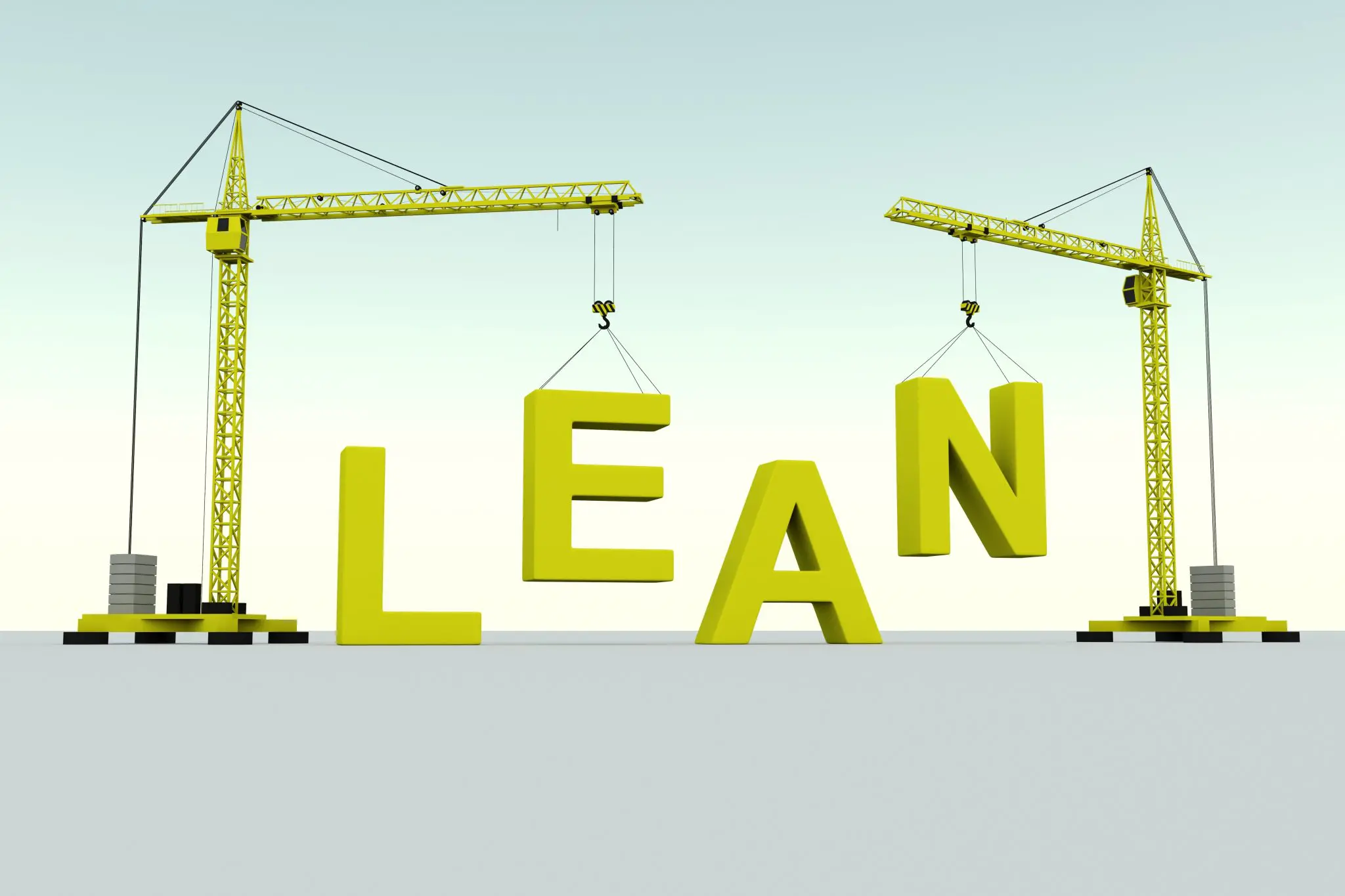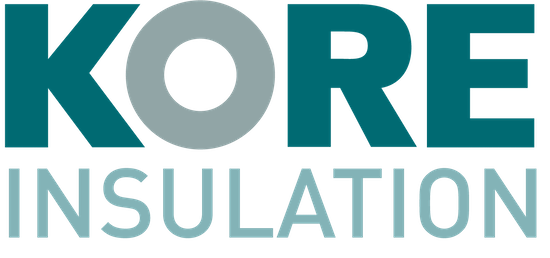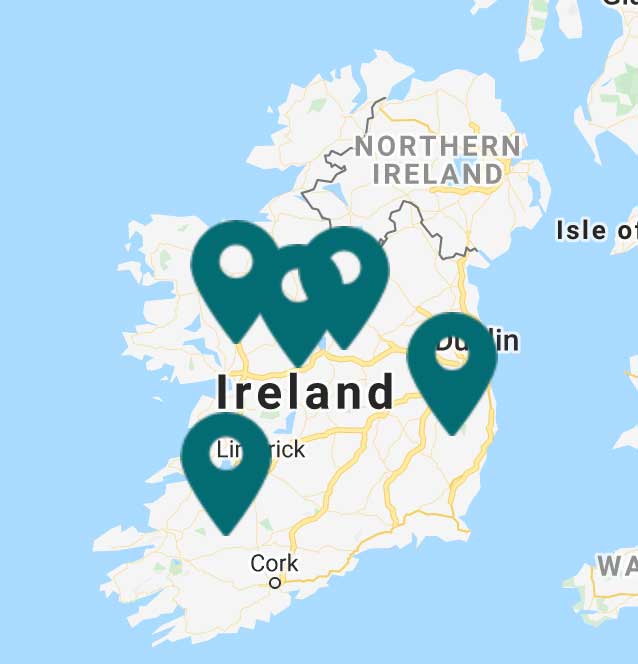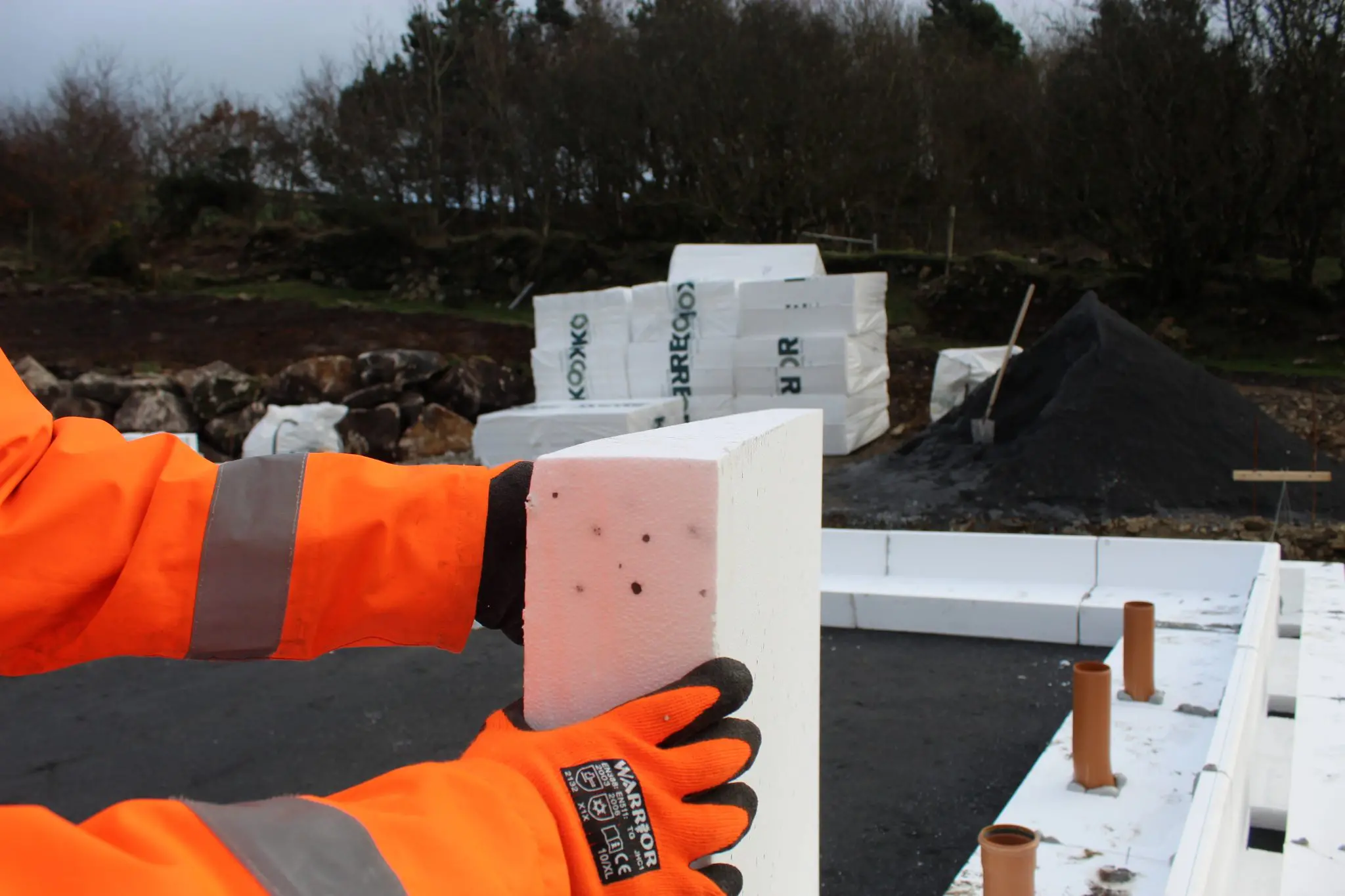
Lean construction is a construction process based around efficiency; emphasizing maximum value for the customer while minimizing waste.
The concept of lean was first introduced in the form of Lean Manufacturing by Toyota in the 1950’s, where the car manufacturer aimed to improve output, reduce waste and increase profit margins. Lean construction emerged in the 1990’s with similar goals to lean manufacturing, producing the best work possible, within the shortest time period and with as little waste as possible.
With the estimated construction output for 2019 at €21 billion, and a total of 550,000 homes required over the next 20 years according to Project Ireland 2040, 112,000 of which new social homes by 2027, it is crucial to apply lean construction for maximum efficiency.
he Principles of Lean Construction
1. Value
Identify the value of the project from the customers perspective. Communication is key between all stakeholders; homeowner, engineers, architects, contractors, subcontractors and suppliers. Discuss the construction process, costings, time frames and manage expectations for all involved.
KORE pride themselves on having a world class technical and customer service department who are there at every step with customers, to answer questions, provide technical advice, and to consult with engineers, architects and contractors on best practice. Our value includes providing personalised quotations for costings based on each individual project, providing manufacturing and delivery timelines based on customer requirements from the outset and communicating clearly with our customers throughout the manufacturing, delivery and installation process.
2. Stream
Once the customer value has been identified, the processes needed to deliver this value should be defined. Lean construction is all about maximising the value for the customer and this includes seeking the best plan of action for the build, looking at essentials such as labour, material, equipment, and knowledge. Continual monitoring of the construction process is needed to analyse effectiveness, and to boost improvement.
KORE Fill Cavity Wall Insulation is delivered on site at a designated time slot that works with the overall construction schedule. There is no product storage required, no recycling, and no waste as the quantities are measured precisely. The product is environmentally sustainable, with full traceability available and is installed quickly and efficiently by trained contractors.
All KORE products have technical documents available, such as declaration of performance certificates, NSAI Agrement certifications, and product design guides which outline the grades, thicknesses, U-values and Psi values needed to reach building regulations for typical build ups.
Installation training is provided for KORE Fill Cavity Wall Insulation, and installation manuals and/or advice are available for all other products. This ensures time effectiveness and quality on site. KORE’s technical department and sales teams will go out on site to advise on best planning with our products, and will tailor products to suit your needs, as well as manufacturing and delivering products on your timeline and specification.
KORE continues to look at the future of construction and now offer Building Information Modelling (BIM) files for a number of our products, including floor, wall and roof insulation. KORE continually identifies and incorporates new technologies and practices to maximise value and streamline processes. Register now for full access to our technical downloads and BIM files.
3. Flow
As mentioned above, KORE manufacture and deliver products to suit your project timeline, keeping in line with your workflow processes. Creating a consistent workflow will allow for efficient resource management, including labour, transport, inventory and work processing.
Waste is a huge element of lean construction, and that does not only define physical waste to landfill, but time wastage, energy wastage and production wastage. KORE’s Insulated Foundation System is a prime example of Lean Manufacturing within lean construction. The Insulated Foundation System reduces waste by supplying exact quantities needed, and reduces concrete usage compared to traditional foundations by between 50 and 60 percent. Installation is quick and easy, ranging from 3-5 days in total, with no dig out required or movement of clay, reducing your costs for both material and labour, making an insulated foundation a cost effective solution for your next new build or extension.
KORE Insulated Foundation System fully insulates the foundation of the home,is designed to deliver extremely low U-values, all while virtually eliminating the critical wall-to-floor cold bridge.
Learn more about KORE’s Insulated Foundation System or request a personalised quotation.
KORE Fill Cavity Wall Insulation is another great example of lean manufacturing and waste reduction. With KORE Fill, waste is eliminated on-site as only the exact amount of EPS and bonding agent are used. The product is installed from the exterior of the home without disruption to the homeowner, and can in most cases be installed in just a single day, significantly reducing labour costs when compared to other insulation methods like internal wall dry lining.
4. Pull
Planning and scheduling of the project is often changeable and may result in inefficiencies in time, labour, materials and processes.
Traditional construction left very little room for change as all plans were made by a central authority. Lean construction however understands their may be a need for change in the work processes, and believe these changes should be performed by the people on the ground, the contractors and subcontractors. KORE work closely with contractors and subcontractors to establish the best insulation products for a project, best delivery schedule and method needed for the project, all while practising a flexible customer service approach, as we understand project processes may change.
5. Perfection
Continual monitoring and assessment of work processes is necessary to identify opportunities for improvement and move work processes closer to perfection. The ethos of lean construction is to increase efficiencies and decrease waste, and when projects come in on time, within budget, and meeting customer value and expectations, it lays a foundation for excellence and continuous construction process improvement.
KORE have practiced lean manufacturing for a number of years now, standardising plant processes and planning, harnessing employee commitment and competency, decreasing Expanded Polystyrene (EPS) waste by 50%, and operating under ISO 9001:2015, 14001:2015 & ISO 45001:2018. Our quality assurance processes continue to expand as we add additional testing methods and processes to ensure consistent high-quality product for our partners.
If you are interested in learning more about lean construction, please see Lean Construction Ireland and there is also online Lean Construction Training available from the Construction Industry Federation of Ireland (CIF).


